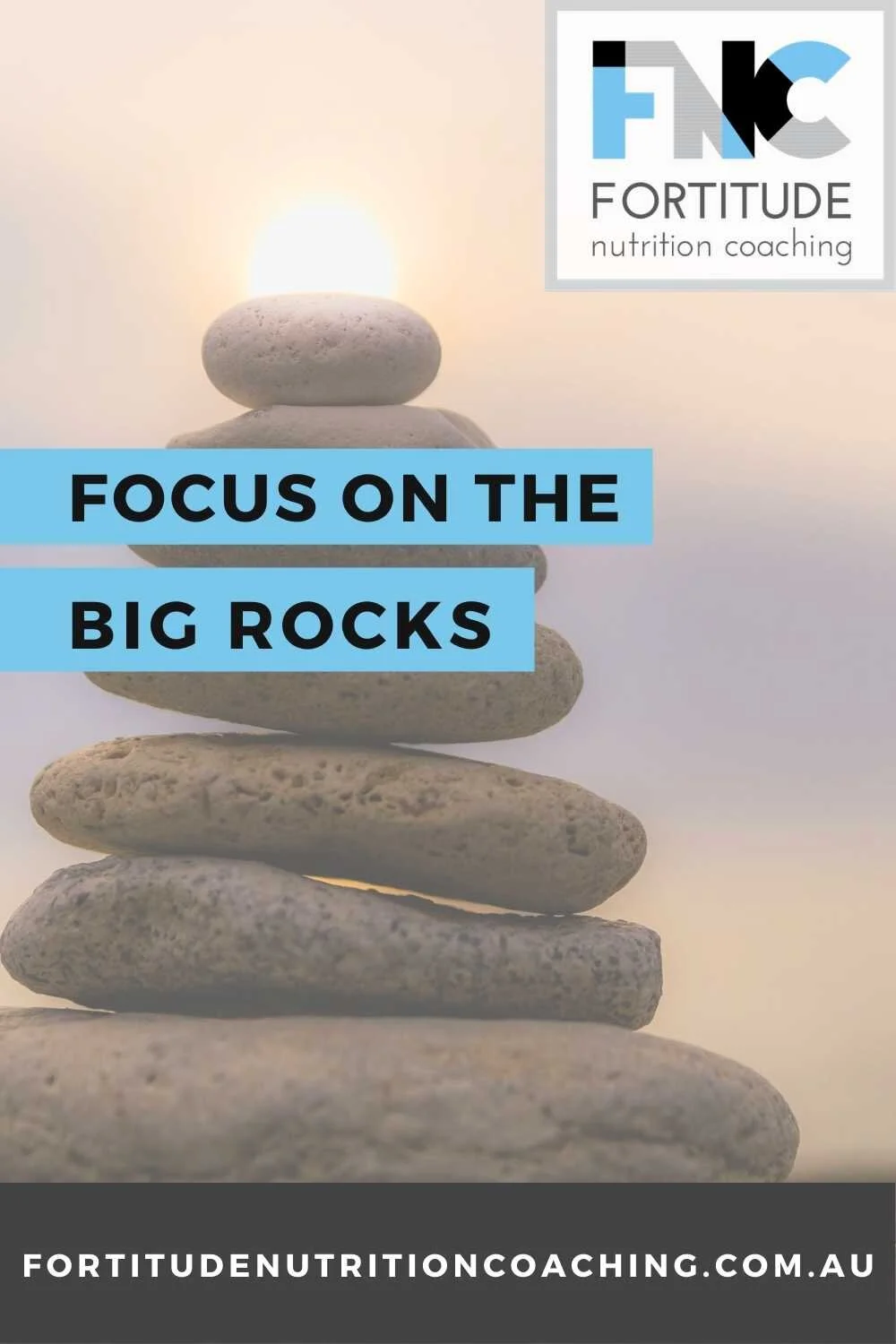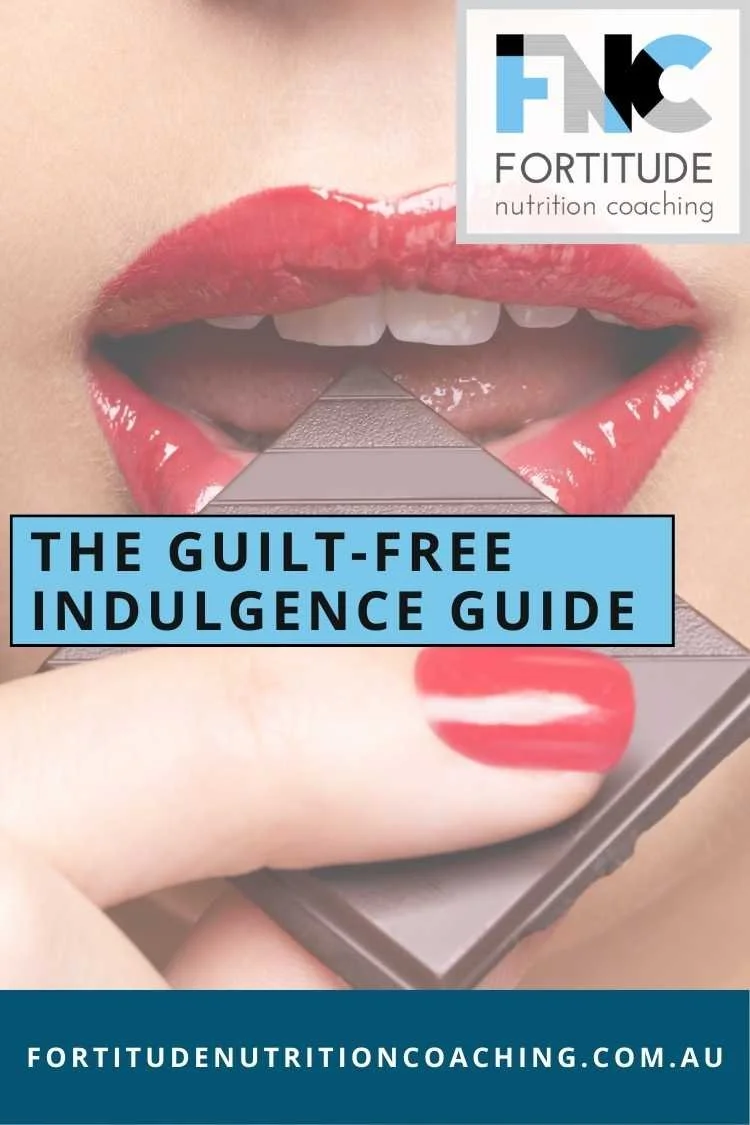We have limited resources available when it comes to time, effort, energy and even money.
Aim to focus your limited resources on the actions and behaviours that will give you a positive return on investment.
Be sure that the effort you’re putting in is worth it.
Try to focus on the big rocks; the foundational habits.
When it comes to nutrition, you’ve probably heard of the 80/20 rule.
Eat 80% of your diet as whole foods and you can indulge with the remaining 20% of the time.
That’s not a bad concept but it’s not the 80/20 we are talking about here.
The 80/20 rule is an extremely helpful concept for life, habits and time management.
It is also known as the Pareto Principle.
It suggests that 20% of your activities will account for 80% of your results.
That means 20% of your habits will account for 80% of your results.
The Pareto Principle suggests that if you were to list 10 of your habits or items on a to-do list, two of them will turn out to be worth more than the other eight put together.
Our 20% is known as the “vital few” or “essential”.
The other 80% of things are the “trivial many”.
When it comes to health and fitness, the “vital few” that we suggest you build habits around are:
Protein and plants
Sleep 7-9 hours a night
Hydration
Manage stress
Patience and consistency
Regular physical activity
These are our BIG ROCKS.
The “trivial many” are also known as the pebbles or sand. These are things like nutrient timing, meal frequency, worrying about sweet vs white potato or brown vs white rice, supplements or other 1%ers that don’t have a great return on investment.
Imagine your resources (time, effort, energy, money) are a glass jar and to achieve the goals you want to fill that jar.
Think about putting big rocks, pebbles and sand in that jar.
If you fill it up with grains of sand or pebbles, one at a time, it’s going to take an extremely long time to fill that jar. If you fill it up first with sand and pebbles, you won’t have any room left for the big rocks.
BUT if you put the big rocks in first, they’ll fill it up more efficiently and if there is room leftover you can add in the pebbles and the sand.
Example: You focus your energy on supplements and the timing of your meals. Those 2 things don’t get you a return on investment, they don’t help you get meaningful results, however, you don’t have energy and time left to focus on the things that really matter; our 6 foundational habits.
If you have the 6 foundational habits, the big rocks in place, then you can play around with things like meal timing and supplements if you like.
The big rocks help us lay a strong and healthy foundation of habits which get us real, long term results. After the big rocks are in our jar, we can then focus on the smaller things which may provide some small improvements over time, the icing on the cake.
You may also find the foundational habits work together and can improve other areas, like a domino or ripple effect.
Example:
Managing stress can improve sleep
Better sleep can improve your nutritional choices
Good nutritional choices can improve your health and energy levels
Feeling more energised can help you be more physically active
Whenever you’re thinking about which habits to try and build, focus on the big rocks first as they’ll give you a greater return on investment.
1 on 1 Nutrition Coaching with Fortitude Nutrition Coaching
If you’re looking to make a change and would like some more individual guidance on how to implement these big rocks and foundational habits into your life, an FNC coach can work with you to collaborative design strategies based on your personal preferences, lifestyle, schedule and goals.














Tired of the "eating healthy" cycle that leads nowhere? Our blog unveils the blueprint for success. Say goodbye to vague intentions and hello to a clear Action Plan. Transform your eating habits with precision - from veggies to protein, breakfast to overcoming obstacles. Break free from the loop and embark on a fulfilling journey. Ready to achieve your goals with confidence? 🎯 Learn more: https://www.fortitudenutritioncoaching.com.au/blog/why-healthy-eating-doesnt-work